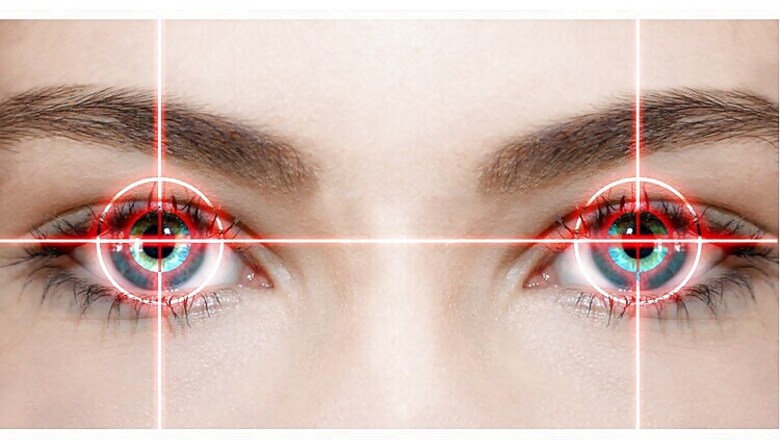
views
New Delhi: In a biohacking project, two researchers have been able to create special eyedrops that make people’s eyes more sensitive to red light in the dark.
Gabriel Licina who has worked in molecular biology labs and Jeffery Tibbetts who is a registered nurse came together to develop a chemical called Chlorin e6 or ce6 and used it in their night vision eyedrops.
While one might consider it as a ‘major breakthrough’ to have come up with the solution, the duo thinks otherwise. Licina says it is just a ‘fancy eyedropper’ that uses ce6 (a chemical also used in cancer treatment) to make the eyes more sensitive to red light.
A report on The Atlantic notes that what the two researchers did was basically put together established ideas and offered themselves as guinea pigs to test the formulae. The science behind ce6 was first discovered by a scientist named Ilyas Washington, now an assistant professor of ophthalmology at Columbia University, who wanted to see was if he could make the protein in our eyes—one that normally responds to green light—respond to red light instead; similar to deep-sea fish whose eyes are tuned to red light instead of green.
The researchers say that like other biohacking projects, the night vision eyedrops project too stops here as most doctors are wary of biohacking for the fear or lawsuits and the level of funding required.




















Comments
0 comment